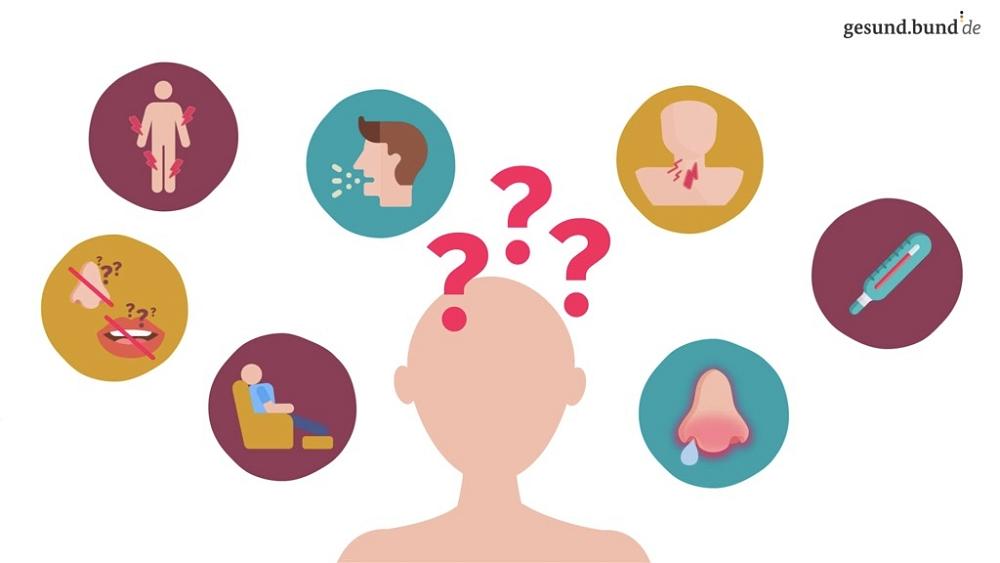
Health Advice for an Optimal Learning Environment
To best protect our school community from the spread of respiratory infections this winter, and recognising COVID-19 is still circulating, it is important that we follow the latest infection prevention measures as recommended by Te Whatu Ora (Health NZ).
Please note the following points and discuss with your children:
- Ensure students stay home if they are unwell, have symptoms of COVID-19 or other respiratory illness.
- Visit KidsHealth, Health Navigator (Healthify), call your GP, or phone Healthline anytime on 0800 611 116 for free health advice/information.
- Everyone at school is encouraged to maintain good hand hygiene, which means regularly washing and drying hands thoroughly or using alcohol-based hand sanitiser. This is especially important after using the bathroom and before eating.
- Remind students to sneeze or cough into their elbow or a tissue. They should avoid touching their face, should dispose of tissues in a rubbish bin and wash and dry, or sanitise their hands.
Guidance on winter illness and children’s attendance at schools:
Healthy children can have up to 8 to 12 colds or upper respiratory tract infections each year, and these are a normal part of childhood. With a rise in seasonal colds, flu and other respiratory infections already occurring in our communities, use this guidance to assist with decisions about children’s attendance at school when they are, or have been unwell:
• A child should stay at home if they appear unwell or they develop one or more of these symptoms: new onset of a runny nose, sore throat, cough, fever, vomiting, diarrhoea, rash, they are off their food and drink, or show signs of feeling miserable.
• If an in-person GP appointment is required for a child, follow your GP’s processes, which will include having everyone (who can practically and safely) wear a medical facemask.
• If you or a child you are caring for develops difficulty breathing, has severe chest pain, fainting or becomes unconscious, call 111 immediately.
